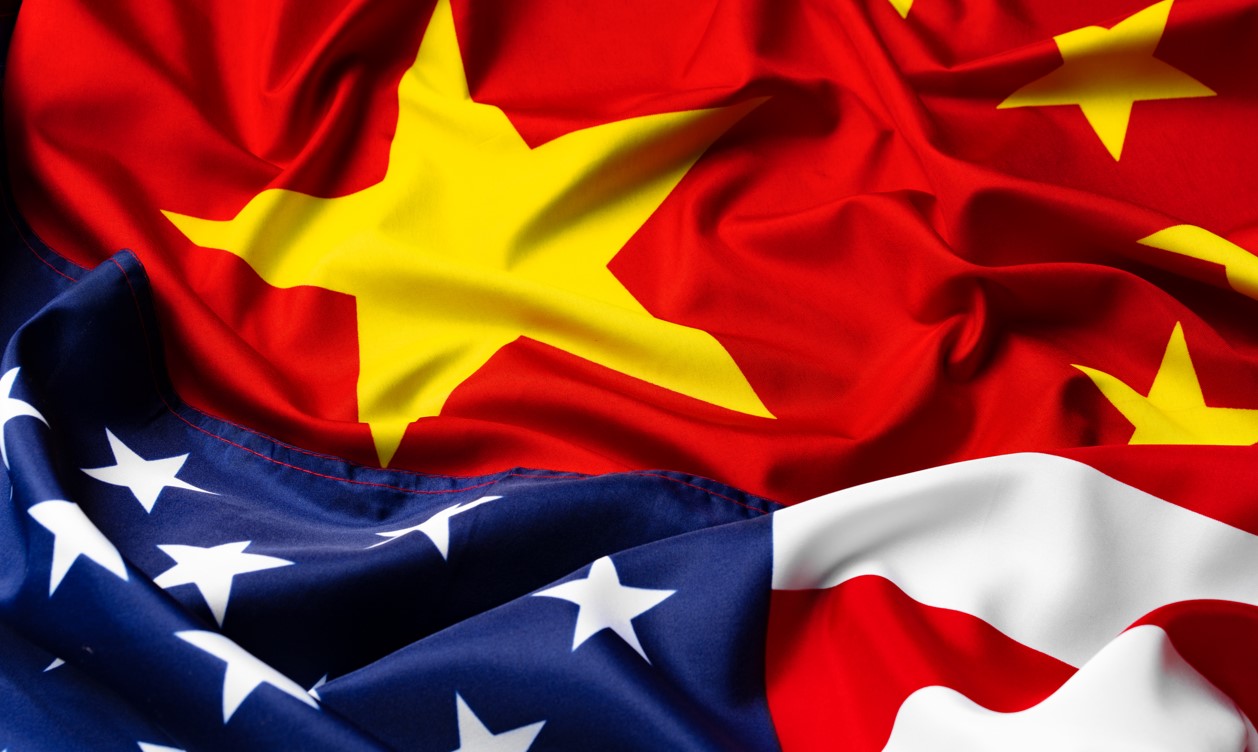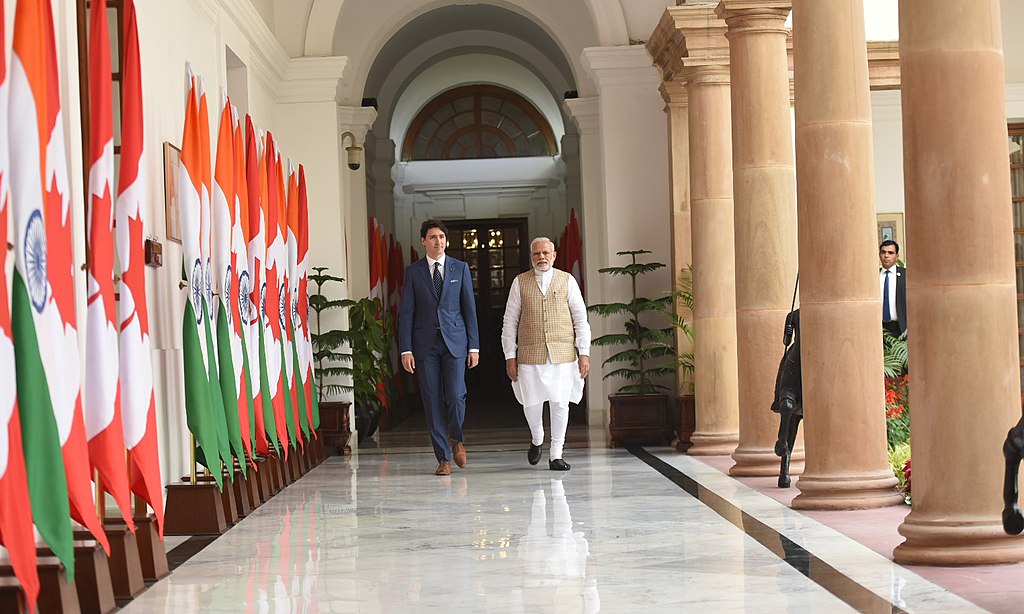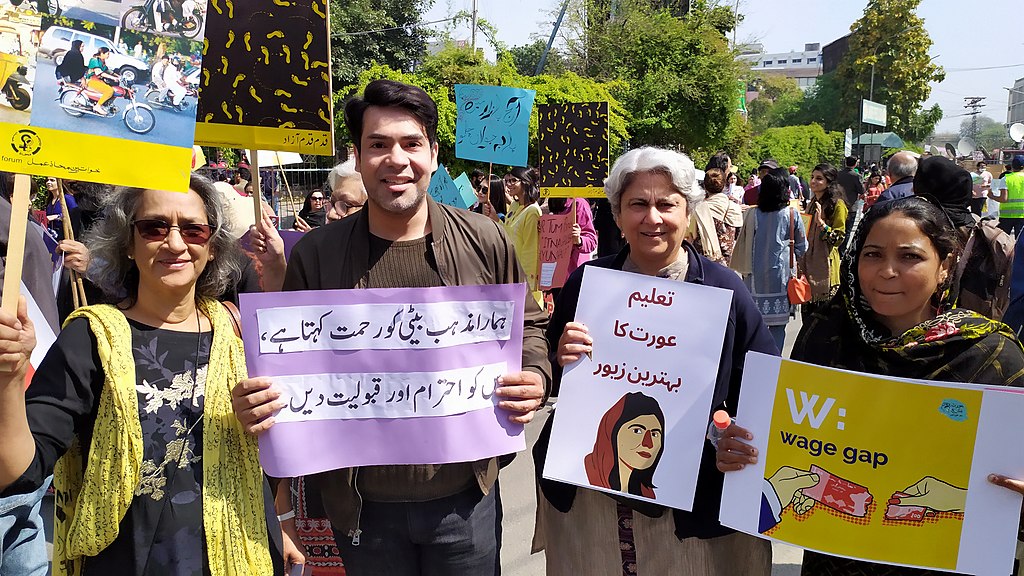This is a summary of the original Discussion Paper Series on Managing Global Disorder No. 7 for the Council on Foreign Relations by Bruce Jones that may be found here
The assumption that cooperation on global issues among major powers will decrease geopolitical tensions and create trust among rivals is not supported by history and the structure of interests across global issues. The author suggests that global issues should be approached with a recognition of the reality of distinct interests among the major powers, and that they should be viewed as matters for collective negotiation in which distrust is the baseline condition.
Prior to the COVID-19 crisis, there were good reasons to believe that the major powers would put aside their growing geopolitical rivalry to manage shared global threats when it truly mattered. Progressive American voices have also argued that cooperation with countries such as China and Russia to tackle shared challenges should displace geopolitical competition altogether. However, these positions assume that cooperation on global issues will endure because of deep common interests, and that tackling shared problems can forge a degree of trust among rivals. They also assume that domestic politics in the United States and Europe can sustain a strategy that incorporates cooperation with China and Russia, even though public opinion increasingly views both countries with concern.
Then there is the emergence of “double tragedy” which is the increasing cause of concern: the tragedy of great power politics—the way tensions and competition arise even when the basic structure of interests need not dictate that they do so—could impede efforts to make serious progress on climate change or prevent the next financial crisis or pandemic. This credible prospect demands hard thinking about how to structure negotiations on global issues during periods of sustained distrust.
The history of cooperation among great powers on global issues and the structure of interests in those issues themselves do not suggest that working together on global issues will, in any meaningful way, lessen tensions among them. Furthermore, the structure of interests across the global issues of financial crises, climate change, and infectious disease suggests that only in extremis are interests closely aligned. As the COVID-19 crisis has shown, even shared global exposure to a pandemic disease did not generate effective collective action but rather narrow sovereignty competition among the top powers and short-sighted nationalism. The reality of divergent interests is even more pronounced when looking at transnational threats such as terrorism and nuclear proliferation.
In conclusion, global issues should not be thought of in terms of cooperation at all, at least not as that term is commonly used to connote trust or a measure of comity. Such approaches seem likely to fail both in domestic political terms and, because they underestimate the degree of divergent interests in the issues and policies under negotiation, among great powers.
Global issues should be approached with a recognition of the reality of distinct (though occasionally overlapping) interests. They should thus be viewed as matters for collective negotiation in which distrust is the baseline condition—leveraging a critical variable in policy outcomes—and independent verification of commitments a necessary complement to agreement. In these ways, policymaking on global issues in the contemporary international order should draw less from the experience of forging instruments for collective action in the post–Cold War period, a time of broad comity in great and major power relations, and more from the psychology of negotiating arms control agreements during the Cold War.
The views expressed herein may not necessarily reflect the views of JI FAD and/or any of its affiliates






